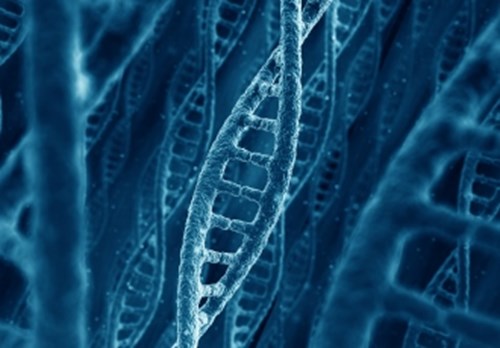The Next Generation Sequencing (NGS) service at Public Health England have sequenced over 100,000 microbial genomes. NCTC E.coli K12 DNA is the control organism of choice.

The Next Generation Sequencing (NGS) service at Public Health England is an ISO15189 accredited facility. The team have sequenced over 100,000 microbial genomes since its conception using Illumina HiSeq 2500 and MiSeq high-throughput technologies. The service processes positive and negative controls on every bacterial and viral sequencing run as part of their internal quality control system. The positive control used is E.coli K12 DNA which has to generate ≥150Mb of trimmed fastQ data with a quality (Q) score of >30 and a >99% sequence similarity to E. coli K12 for the run to pass.
E.coli K12 DNA is the control organism of choice as there are highly accurate complete sequences of this organism already available making it a perfect IQC for microbial NGS1. In 2018 NCTC launched a range of DNA products from the strain catalogue which are available to microbiologists to support both research and diagnostic use. The NGS lab has subsequently validated NCTC 10538 E.coli K12 genomic DNA as a control material within their sequencing service. It was determined that the product produced comparable quality metrics to alternative DNA suppliers but the product being supplied in a lyophilised format also had significant advantages. The product remains stable at room temperature making it suitable for long term lab storage and also it can be shipped at ambient temperature which ensures shipment costs are minimal. Finally the team found that as the product was rehydrated within their laboratory they were able to control the final concentration that they optimised for their service work.
If you would like to find out more about NCTC DNA products please visit our Bacterial DNA webpages or contract us at culturecollections.businessE@ukhsa.gov.uk.
Reference
1. Hayashi K, Morooka N, Yamamoto Y, et al. Highly accurate genome sequences of Escherichia coli K-12 strains MG1655 and W3110. Molecular Systems Biology. 2006;2:2006.0007. doi:10.1038/msb4100049.
